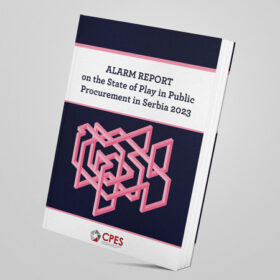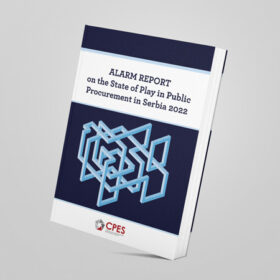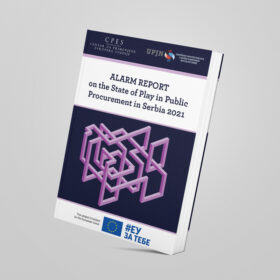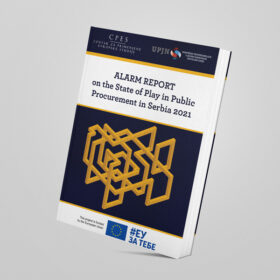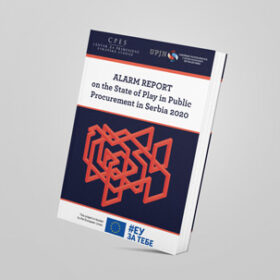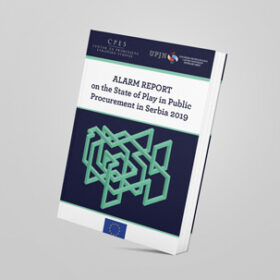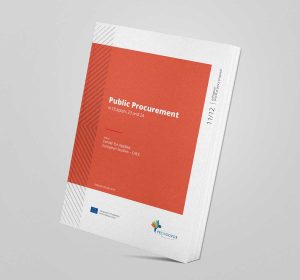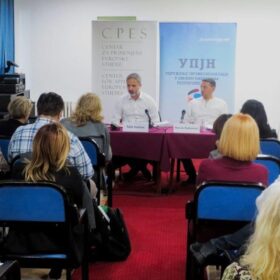Towards a sound public procurement system in Serbia
An efficient public procurement system implies that goods, services, and works of appropriate quality are obtained within the agreed terms, with full respect to the public procurement principles, and in the manner prescribed by law. However, disrespect and weak implementation of the law, underdeveloped control mechanisms, political pressure on independent control bodies and an inert judiciary are the main reasons that make the public procurement system ineffective.
Public Procurement was opened in December 2016, the EU also determined the criteria for the closure of this chapter. In addition to the requirement of harmonizing the national legal framework with the EU legal acquis, the EU requested the strengthening of control mechanisms and increased transparency in the execution phase of public procurement contracts, as well as measures related to the prevention and fight against corruption and conflicts of interest. In other words, Serbia should show a record of a normatively regulated and transparent public procurement system that ensures value for money, competition, and strict safeguards against corruption.
From the beginning of 2019 until today, our findings in most segments testify to a negative trend characterized by:
- an extremely small number of bids per procedure, especially in high-value procurements;
- increased value of public procurement contracts exempted from the application of the Public Procurement Law;
- increased number of contracts concluded on the basis of international agreements or laws that suspend the application of the Public Procurement Law, as well as the number of procedures in which only one bid was submitted;
- the purposefulness of certain procurements is often questionable (are the services, goods or works being procured really needed? Will they have a positive impact on the public interest?);
- in the procurement planning process, feasibility and the possibility of application are rarely considered, and the “best value for money” principle is not recognized as the key factor in the successful management of public funds and public needs;
- a lack of adequate control of public procurement, especially in the contract execution phase;
- unsatisfactory performance of control bodies responsible for the protection of rights in public procurement procedures (Republic Commission, Public Procurement Office, courts, and prosecutor’s offices).
- Law on Public Procurement
- Law on Public-Private Partnerships and Concessions
- Public Procurement Development Strategy of the Republic of Serbia 2019-2023
- Public Procurement Corruption Map in the Republic of Serbia
- EC Progress Report on Serbia 2018
- EC Progress Report on Serbia 2019
- EC Progress Report on Serbia 2020
- EC Progress Report on Serbia 2021
- Directorate of Public Procurement
- State Audit Institution
- Republic Commission for Protection of Rights in Public Procurement Procedures
- Anti-Corruption Agency
- Commission for Protection of Competition
- Commission for Public-Private Partnership
- Bidders’ Association of Serbia
- Coalition for Public-Finance Control
- Balkan Tender Watch Coalition
- Transparency Serbia
- Bureau for Social Research (BIRODI)
- Insajder Portal
- Balkan Investigative Reporting Network (BIRN)
- Crime and Corruption Reporting Network (KRIK)
- Center for Investigative Journalism of Serbia (CINS)


